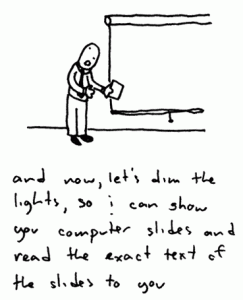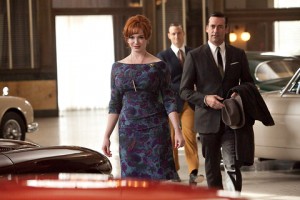Truth be told, by examining how we can improve a company’s current marketing strategy, I learned a lot about how to apply marketing concepts that we study in the classroom to a real company. I personally really enjoy case studies and find them very interesting and constructive. So there is no doubt that this assignment was a very useful and worthwhile homework. However, I was disappointed by the fact that we had to produce a video rather than presenting our marketing plan to the class. Making video takes too much time and is not very useful. In many groups, many members (I was one of them) do not know how to make and edit videos and to be honest I do not see its usefulness for students who do not consider Marketing for their career. As a result, this caused that one student in every group who knows how to use iMovies to work three times as much. At last, making videos for many students is not a transferable skill and I do not see why did we have to spend so much time making and editing a video.
On the other hand, lets consider the upside of conducting a presentation to the class. Public speaking is ranked among one of the most transferable and needed skills in business and many students need to learn how to handle pressure of giving speech to unknown crowds. It takes a lot less time to prepare it and it is more compelling and understandable by the audience.
Overall, although making video is a very useful skill for some students who consider marketing as their future profession, it conveys a lot less value to the other ones.







